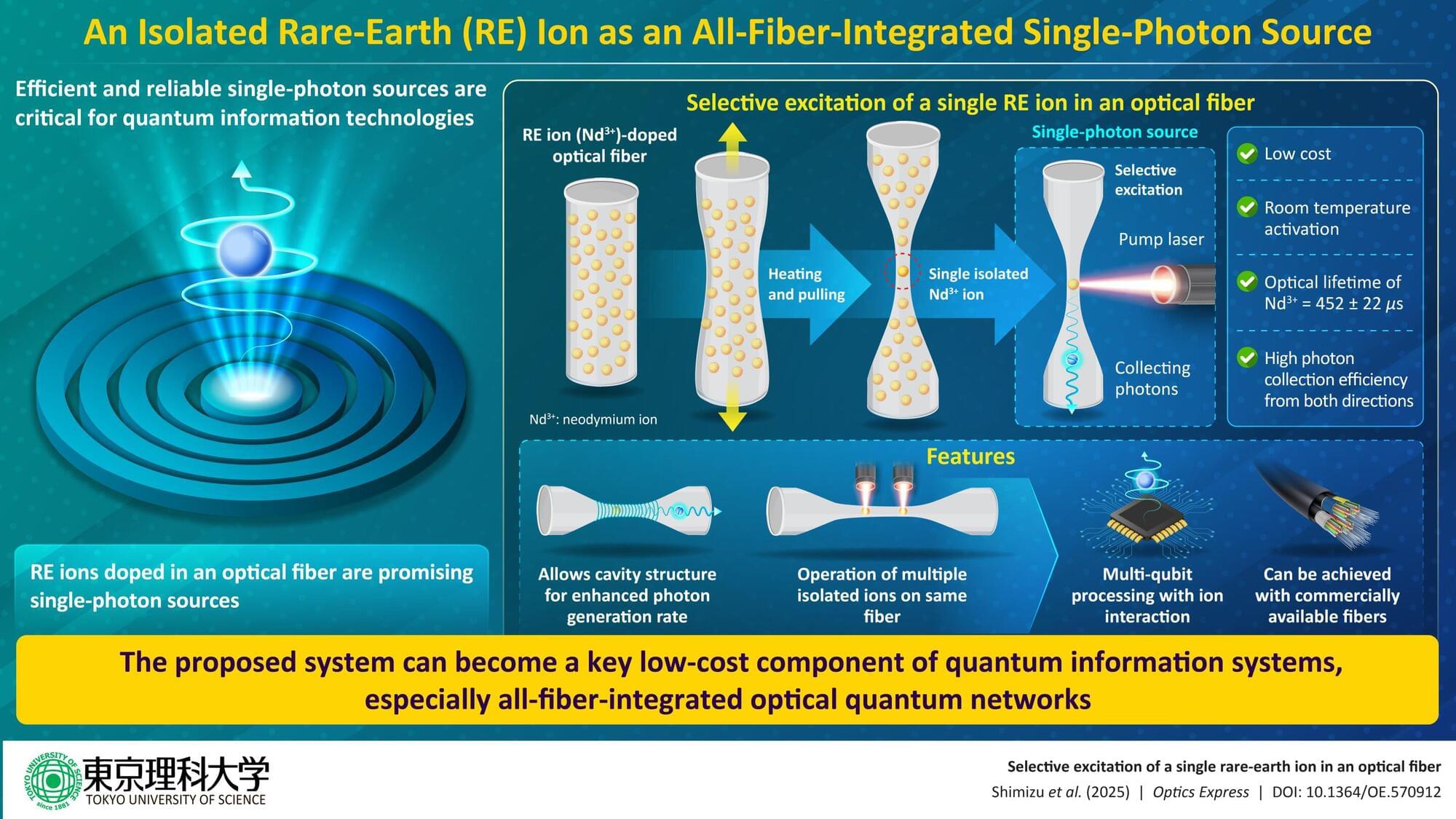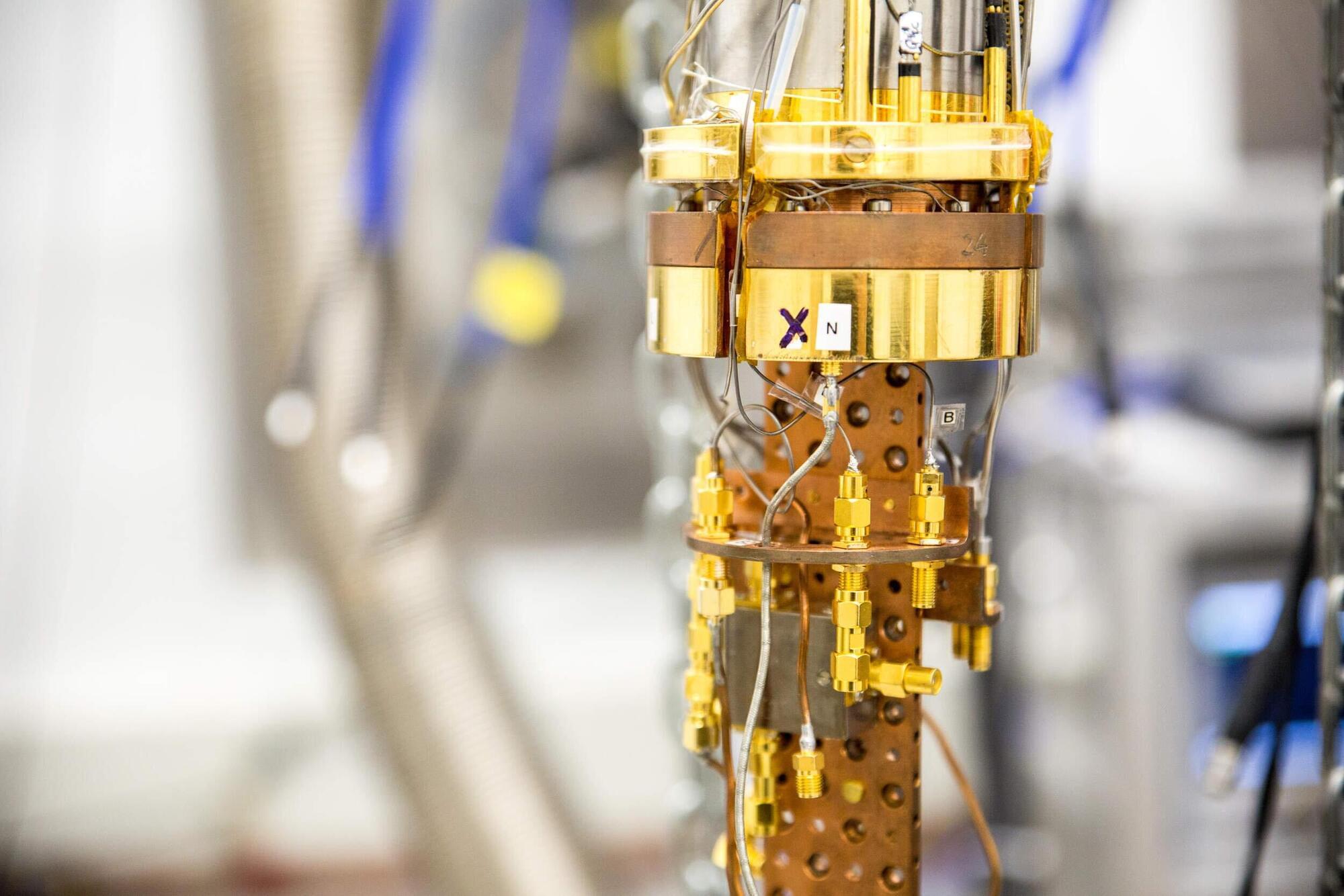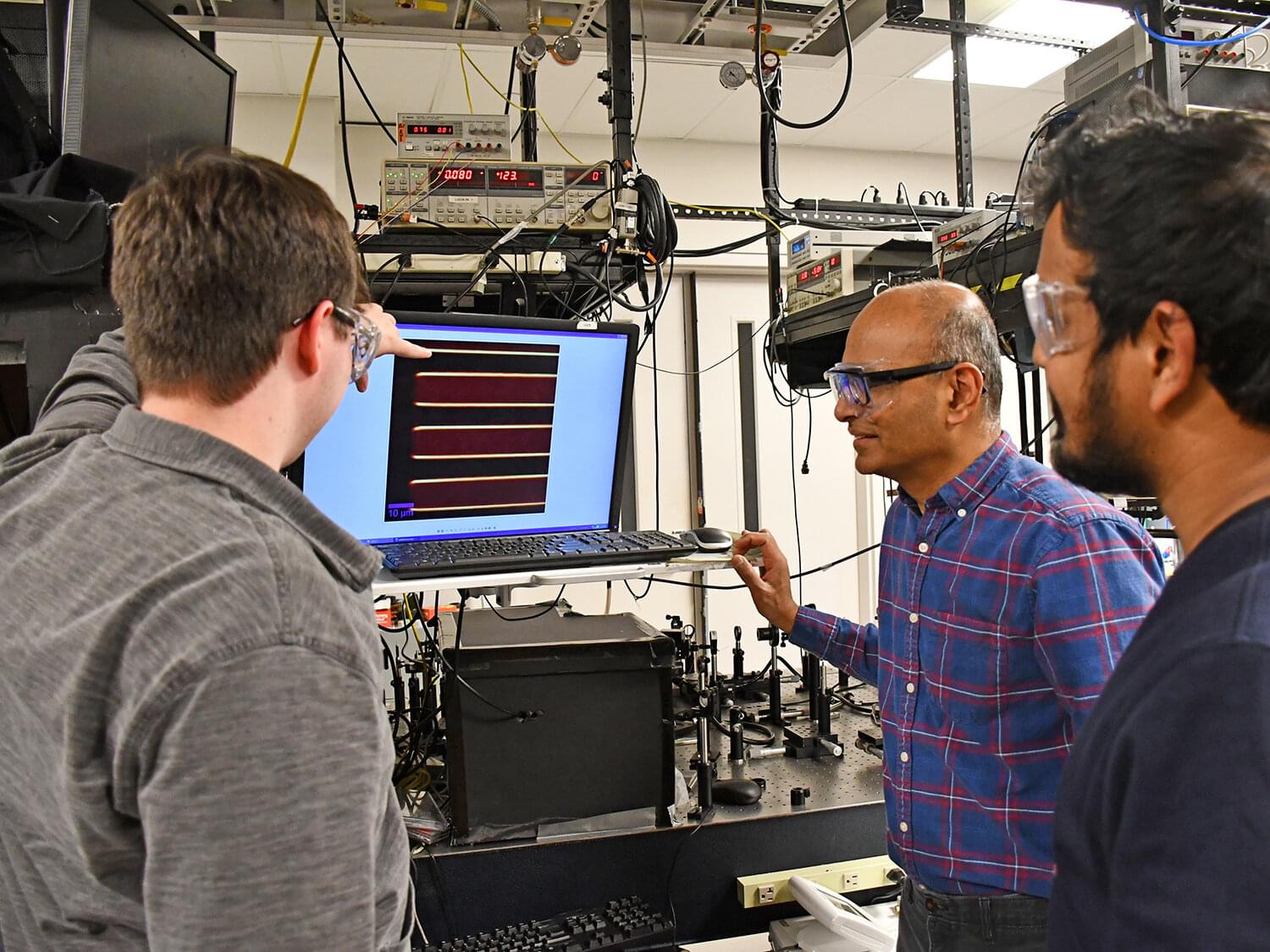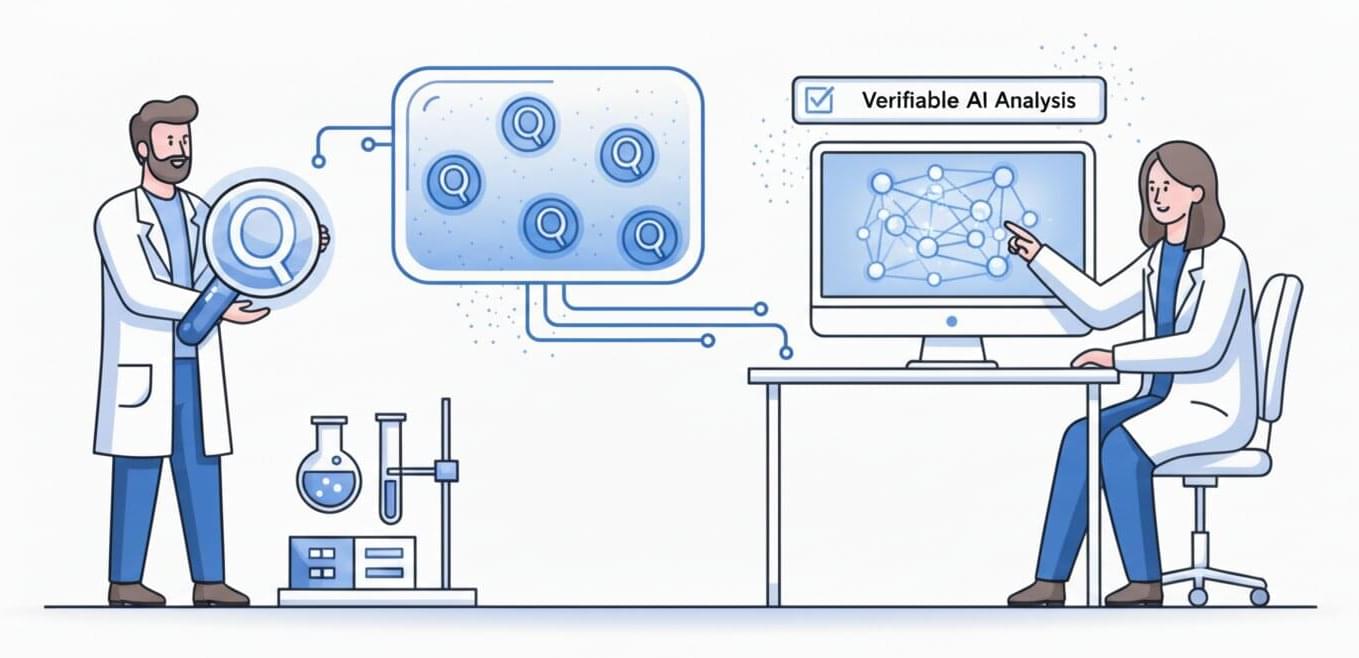Modern toads (Bufonidae) are among the most successful amphibians on the planet, a diverse group of more than 600 species that are found on every continent except Antarctica. But just how did they conquer the world? An international team of researchers set out to find the answer and discovered the toads’ global success was due to their toxic glands and geological timing.
Modern toads are a type of frog with a stout, squat body, relatively short legs, toothless mouths and a thick, dry, warty skin. One of their most distinctive features is a large gland behind each eye that secretes a poison to deter predators. They originated in South America and are found in diverse habitats like deserts and rainforests.
To find out how they got from South America to almost every other continent, the scientists analyzed fresh DNA samples from 124 species from Africa, Asia, Europe, South America, North America and Oceania. They combined this with existing genetic data from hundreds of other species. Using powerful computer models to process the genetic information, they traced the geological spread of toads over millions of years, identifying when survival features like their poisonous glands evolved and when they branched out to form new species.








